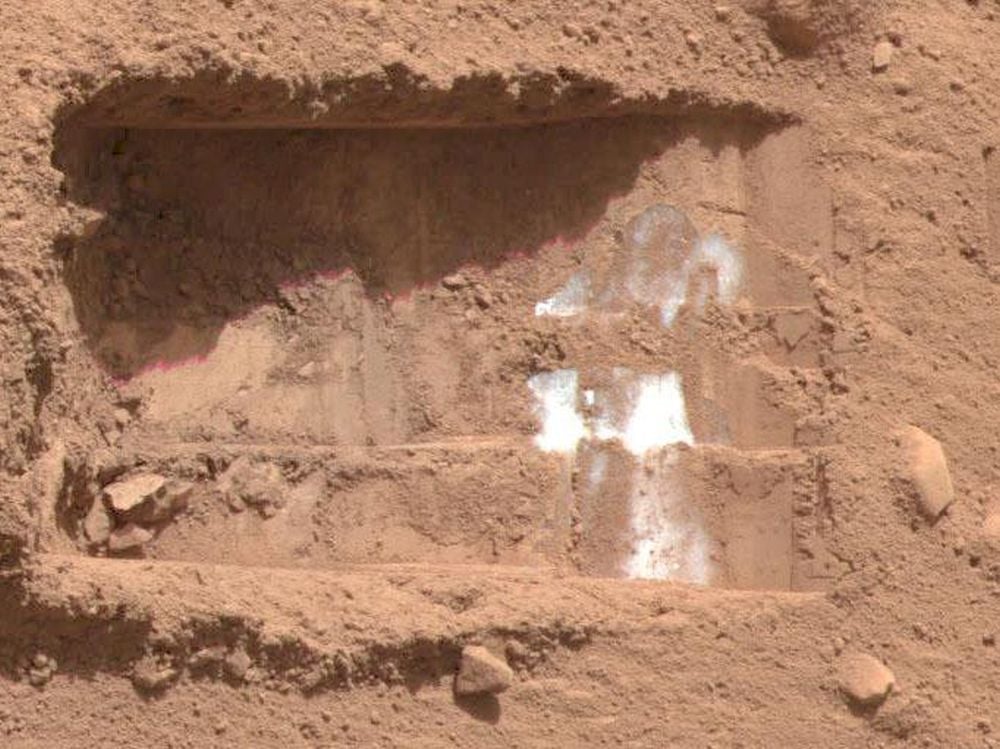Ancient Microbial Life May Await Discovery in Martian Ice
Researchers suggest that ancient microbes—or at least fragments of their DNA—could survive in Martian ice for millions of years. In a groundbreaking study, scientists from NASA Goddard Space Flight Center and Penn State created Mars-like conditions in the lab. They discovered that proteins from E. coli bacteria, if trapped in Martian permafrost or ice caps, could remain preserved for over 50 million years. This incredible finding raises hopes for the future of Mars exploration.

Future Mars Missions Could Dig for Ancient DNA
The team exposed E. coli proteins to cosmic radiation and freezing temperatures to mimic the harsh Martian environment. Despite continuous exposure, molecular fragments persisted, remaining detectable for tens of millions of years. This research suggests that upcoming Mars rovers—equipped with the right tools—could potentially uncover ancient biosignatures in the red planet’s ice. The implications are huge: future missions could find evidence of life, or at least its molecular remains, preserved within Martian permafrost.
















